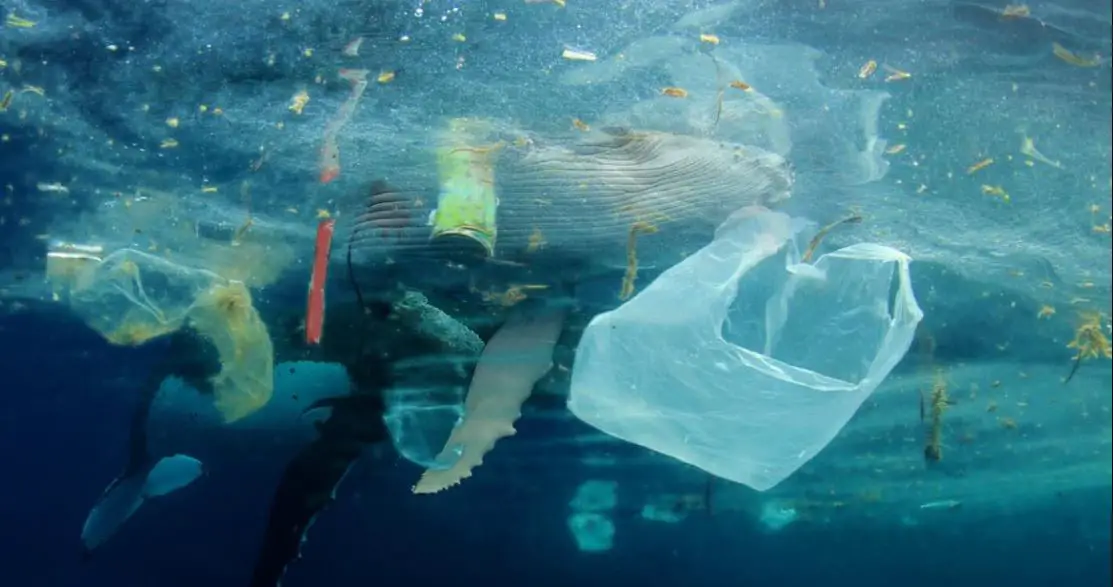Plants, animals, algae, insects and bacteria are eaten by different organisms and play their role in the food chain, but what about viruses? Now scientists have discovered a creature that feeds on viruses.
Because viruses are so ubiquitous, organisms sometimes eat them by accident.
But John DeLong, a researcher at the University of Nebraska, wanted to know whether there were microbes that actively ate viruses, and whether this could support the physiological growth of individuals and the growth of groups.
DeLong noted, “They’re composed of nucleic acids, a lot of nitrogen and phosphorus, and they’re such good stuff that all living things should want to eat them. Of course, there must be something to learn how to eat these really good ingredients.”
To test, DeLong and his team collected samples of pond water, isolated different microbes, added large amounts of chlorovirus, and continued to track the population size of the virus and other microbes over the next few days to see if the latter would eat the former.
Sure enough, a particular microbe that seemed to be eating these viruses was a type of ciliate called a Halteria.
In water samples with no other food source, Halteria populations grew about 15-fold in two days, while chlorovirus levels dropped 100-fold; in control samples with no virus, Halteria did not grow at all.
The team used fluorescent dyes to label chlorovirus DNA in a follow-up test.
It turned out that the Halteria cells quickly began to glow, which helped confirm that the Halteria were indeed consuming the virus.
These experiments show that the newly coined term “virovory” can now have a place among herbivores, carnivores, etc., since Halteria is the first known virovore.
Of course, Halteria is unlikely to be the only microbe that eats viruses, so the researchers will continue to investigate, including its impact on larger systems such as food webs and carbon cycles.
The research has also been published in the journal Proceedings of the National Academy of Sciences.




